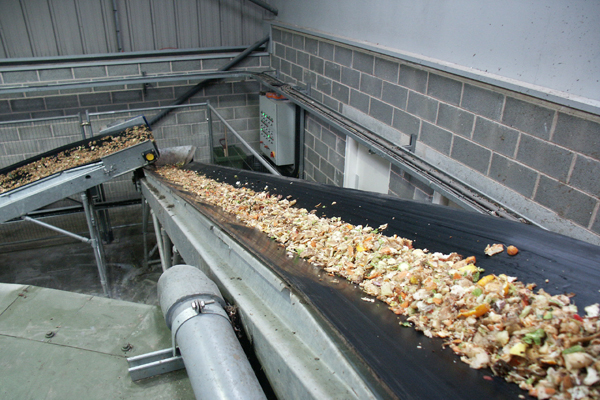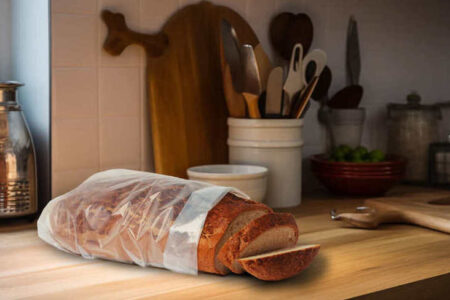Changes to food packaging could save £1bn annually

DCF 1.0
Around 350,000 tonnes of household food waste, worth an estimated £1 billion annually, could be prevented through further changes to key food items in the UK’s shopping aisles, new research shows.
According to WRAP’s (Waste and Resources Action Programme) latest retailer survey, food packaging and labelling has improved but there is more to do.
Steve Creed, director at WRAP, says, “We know that changes to packs and labels, which give clarity around date and storage options, can have a dramatic effect on how much good food ends up in the bin so getting the right messages in place is critical.
“Around 150,000 tonnes of household food waste was avoided in 2015 compared to 2007, as a result of technical changes to products, saving UK families around £400 million a year.”
Some of the key findings against WRAP’s recommendations back in 2009 and 2011 retailer survey include the number of products found to have two date labels fell from almost 40% in 2009 to less than 3% in 2015. Multiple labels confuse shoppers and WRAP found an almost complete removal of ‘display until’ dates used in combination with either a ‘use by’ or ‘best before’ date.
More action is needed around freezing guidance, the survey shows. While good progress has been made in moving away from ‘freeze on day of purchase’ guidance to ‘freeze before the date shown’, more action is needed on bakery and products. The use of the Snowflake logo to show suitability for home freezing has declined and there is an urgent need to reinforce its value on pack, WRAP explains.
Good progress has been made on when to offer ‘open life’ guidance once a product’s packaging has been opened (‘once opened use within x days’). This, WRAP says, should only be used on products where food safety is an issue.
The organisation did note examples where the amount of time recommended for keeping food has been reduced. This cuts down the time available to eat the food and with around two million tonnes of food discarded due to it ‘not being used in time’ – and date guidance cited as a factor for this – this remains a significant area to address.
“Our report shows a mixed bag in terms of overall results. There are areas where good work continues to make a real difference and others where there is room for improvement. These insights provide a crucial snapshot of what industry is doing, and where more work is needed.
“They will help us drive forward change under Courtauld Commitment 2025, and will play a big part in re-energising the stall in household food waste reduction, that we recently identified. In fact, we are in discussions with the sector about trialling practical solutions that focus on making advice on storing and using our food as clear as possible.”
WRAP is currently working with UK governments and the FSA on updating guidance on the application of on-pack date and related advice (storage and freezing guidance). This review will open for public consultation in the spring, with new guidance expected to be published in autumn 2017. WRAP is also working with retailers and manufacturers through its food sustainability initiative Courtauld Commitment 2025, an ambitious voluntary agreement that brings together organisations across the food system – from producer to consumer – to make food and drink production and consumption more sustainable.



